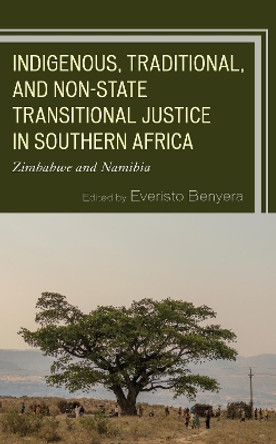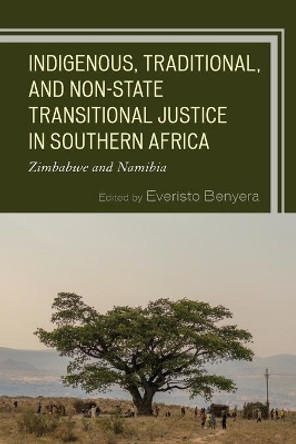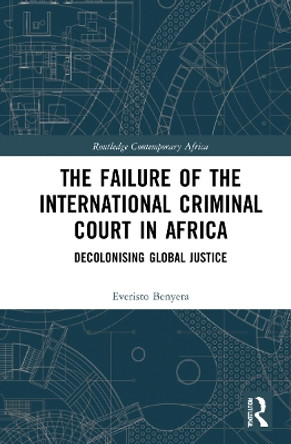Description
This book investigates the political legacy of colonialism in contemporary African institutions.
Using the case study of electoral and justice institutions in postcolonial Zimbabwe, the book investigates how those in postcolonial states relate to and with institutions which were originally designed to oppress them and remain structurally and systematically colonial. The book argues that the colonial era colonised the land, knowledge, and minds of Africans, resulting in injustice and epistemicide. The book demonstrates how the key institutions of elections and justice have been rendered anti-Black and toxic. The book calls for Africa to invest in epistemic independence, unencumbered by western political modernity, and to then deploy that independence to build reconstituted institutions, structures, and systems which serve the interests of Africans.
This book will be an important read for African policy makers and researchers working on African politics, governance, and international relations.
About the Author
Everisto Benyera is Professor of African Politics in the Department of Political Sciences at the University of South Africa in Pretoria, South Africa. He researches and publishes on community-based, non-state transitional justice, human rights, transitology and decoloniality. Everisto is the immediate past editor of Politeia: The Journal of Political Sciences and Public Administration and Management. His books include The Failure of the International Criminal Court in Africa: Decolonising Global Justice (2022, Routledge) and The Fourth Industrial Revolution and the Recolonisation of Africa: The Coloniality of Data. (2021, Routledge).
Book Information
ISBN 9781032791586
Author Everisto Benyera
Format Hardback
Page Count 206
Imprint Routledge
Publisher Taylor & Francis Ltd








